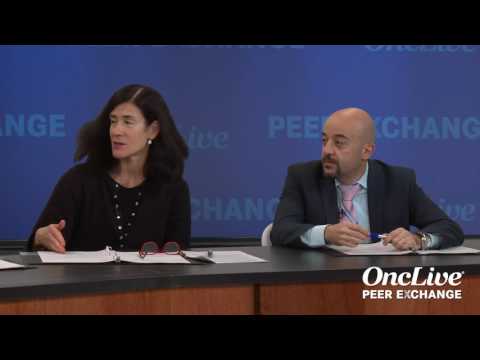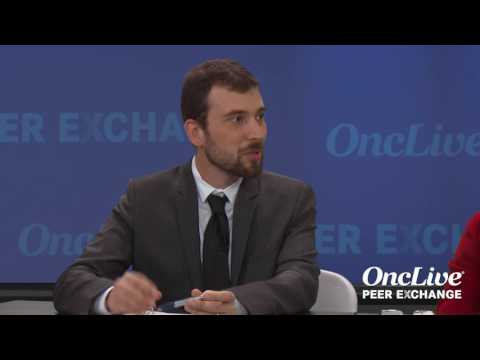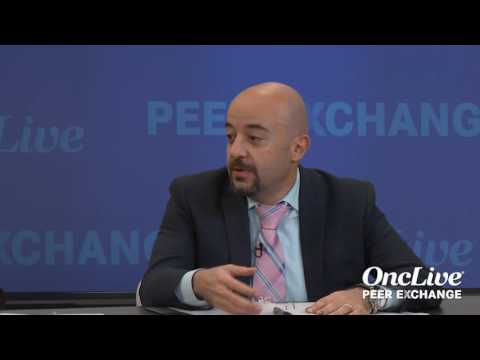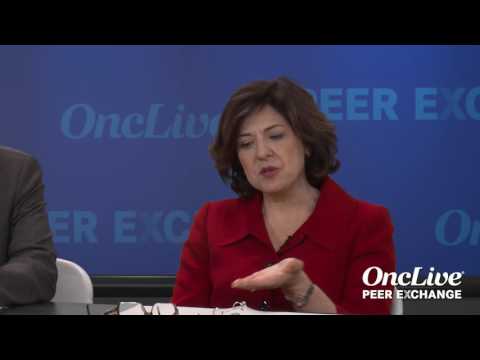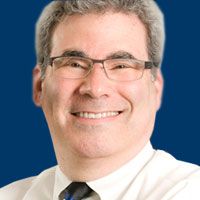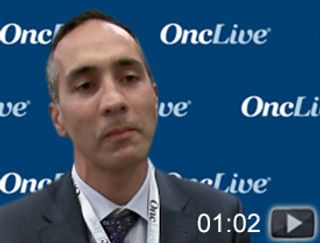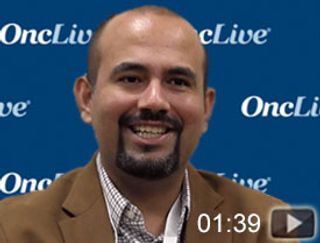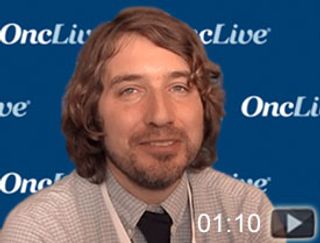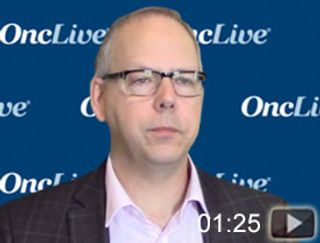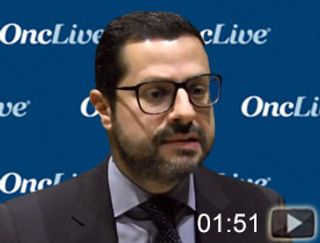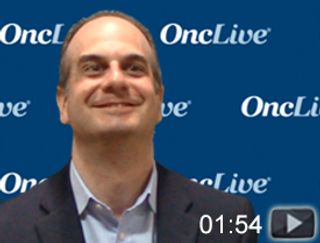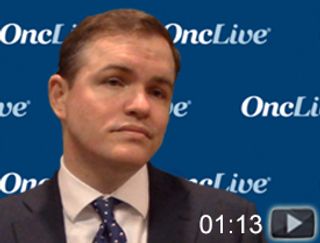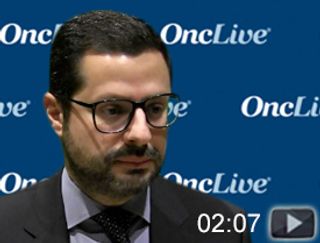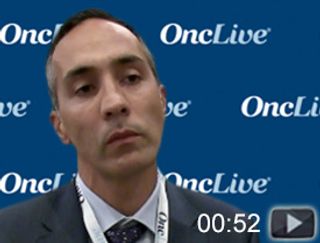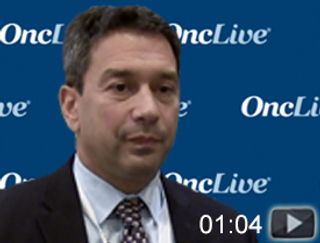
Hematologic Oncology
Latest News
Latest Videos

CME Content
More News
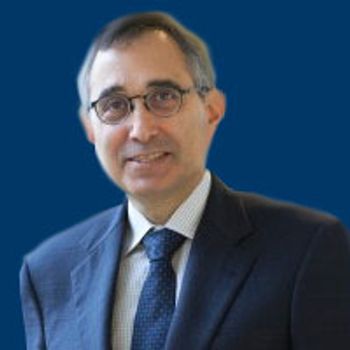
Changes are underway in the field of hematologic malignancies, as the World Health Organization is publishing a revised classification of tumors of hematopoietic and lymphoid tissues—slated to be released in early 2017.
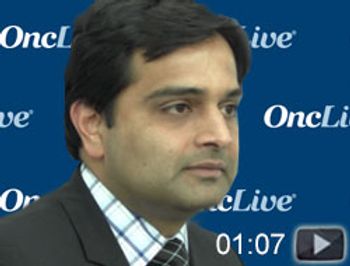
Naval Daver, MD, assistant professor, Department of Leukemia, Division of Cancer Medicine, The University of Texas MD Anderson Cancer Center, Houston, TX, discusses research evaluating different immune checkpoint pathways in patients with acute myeloid leukemia.
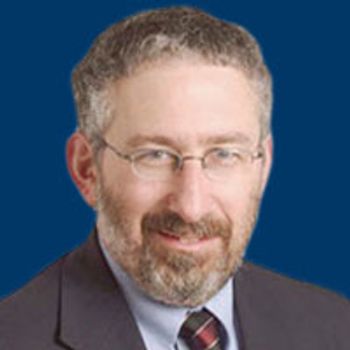
Negative reports evaluating molecularly selected agents should not derail the process of developing future therapies by employing a precision medicine approach.
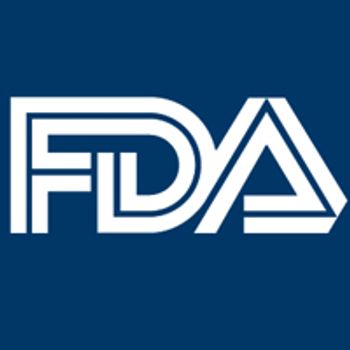
The FDA has placed clinical holds on several phase I trials of vadastuximab talirine (SGN-CD33A) in acute myeloid leukemia, according to Seattle Genetics, the manufacturer of the antibody-drug conjugate.
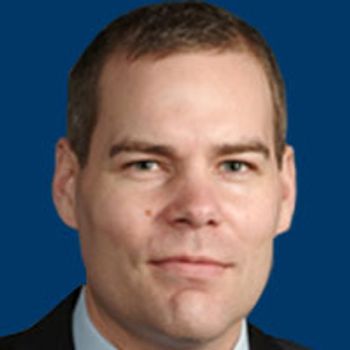
Palbociclib can help patients with mantle cell lymphoma overcome resistance to ibrutinib, according to phase I results presented at the 2016 ASH Annual Meeting.
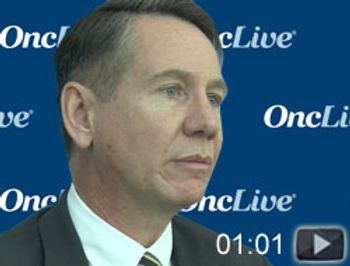
Stephen M. Ansell, MD, PhD, of Mayo Clinic, discusses studies exploring PD-1 inhibitors in Hodgkin lymphoma, specifically the CheckMate-039 trial.

Results from the randomized phase II HOVON89 trial showed that nearly 40% of patients with low intermediate-1 risk myelodysplastic syndrome who were refractory to erythropoietin and granulocyte-colony stimulating factor experienced hematologic improvement with erythroid response after being treated with lenalidomide monotherapy.
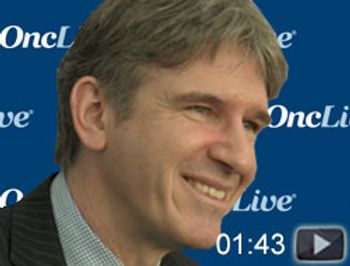
Miguel-Angel Perales, MD, deputy chief, Adult Bone Marrow Transplant Service, director, Adult Bone Marrow Transplantation Fellowship Program, Memorial Sloan Kettering Cancer Center, provides an overview of the PROGRESS II trial, which was conducted for patients with hematologic malignancies.
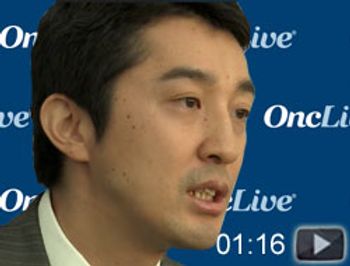
Koichi Takahashi, MD, assistant professor, Department of Leukemia, Division of Cancer Medicine, The University of Texas MD Anderson Cancer Center, discusses a study exploring a potential biomarker for patients likely to develop therapy-related leukemia.
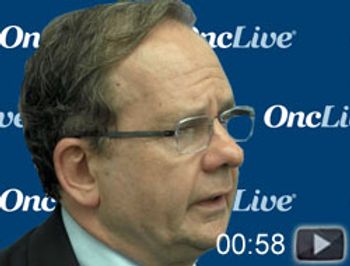
Andre Goy, MD, MS, chairman and director, chief of Lymphoma, and director of Clinical and Translational Cancer Research at John Theurer Cancer Center, discusses phase III results of a study exploring rituximab as maintenance therapy after autologous stem cell transplantation in younger patients with mantle cell lymphoma.
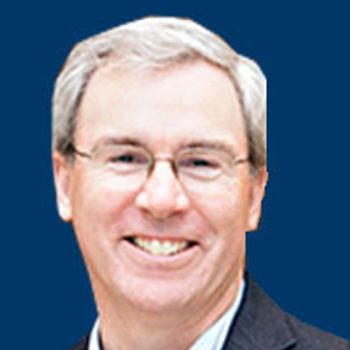
JCAR017 has received an FDA breakthrough therapy designation for the treatment of patients with relapsed/refractory, aggressive large B-cell non-Hodgkin lymphoma.

Patients with myeloproliferative disorders have a high symptom burden that significantly affects emotional status, quality of life, and functional ability.
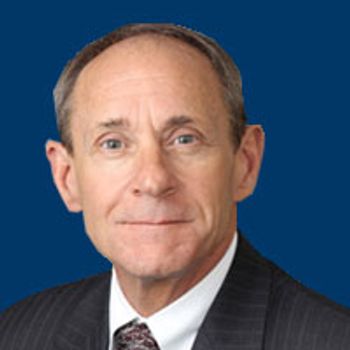
Treatment for patients with aggressive lymphomas needs to be intensified with more effective strategies, potentially including an infusion, dose-adjusted regimen of etoposide phosphate, prednisone, vincristine sulfate, cyclophosphamide, doxorubicin hydrochloride, and rituximab.
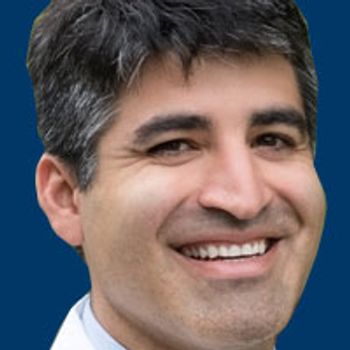
Early data from a phase I/II study suggest that the combination of brentuximab vedotin (Adcetris) and nivolumab (Opdivo) may be an active and well-tolerated outpatient regimen in patients with relapsed/refractory classical Hodgkin lymphoma after failure of standard frontline chemotherapy.
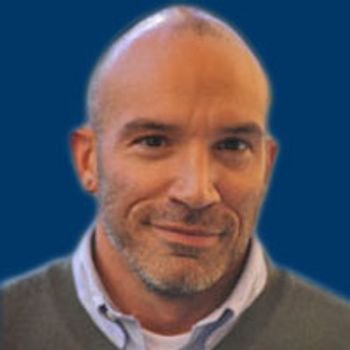
Two thirds of patients with chronic lymphocytic leukemia (CLL) that progressed on B-cell receptor pathway inhibitors had objective responses to treatment with venetoclax, results of a small open-label trial showed.
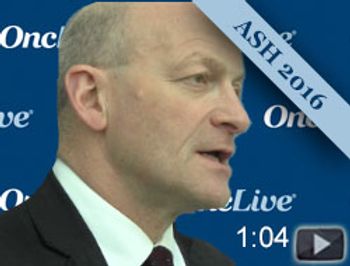
Graham Jackson, MD, PhD, Northern Institute for Cancer Research, Newcastle University, discusses results of a study that determined lenalidomide (Revlimid) is a highly-effective maintenance therapy in myeloma patients of all ages.

Almost 80% of patients with treatment-refractory non-Hodgkin lymphoma had objective responses following treatment with KTE-C19, a chimeric antigen receptor T-cell therapy targeting CD19.
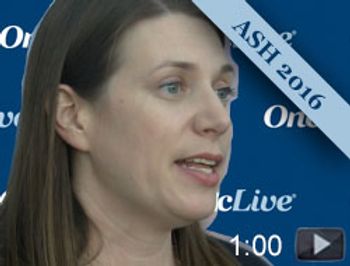
Jennifer Woyach, MD, associate professor, Ohio State University, discusses a study examining the use of MOR208 combined with lenalidomide (Revlimid) for the treatment of chronic lymphotic leukemia (CLL) during the American Society of Hematology (ASH) Annual Meeting.
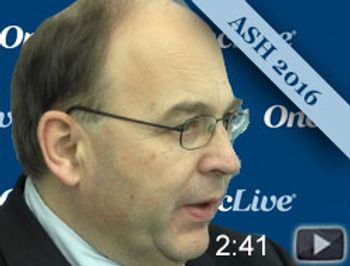
Heinz Gisslinger, MD, Medical University of Vienna, discusses the phase III PROUD-PV study, which evaluated ropeginterferon alfa-2b (P1101) for the treatment of polycythemia vera (PV) during the American Society of Hematology (ASH) Annual Meeting.

Treatment with the CD19-directed CAR T-cell therapy KTE-C19 showed a complete remission rate of 73% for patients with aggressive, chemorefractory primary mediastinal B-cell lymphoma and transformed follicular lymphoma.
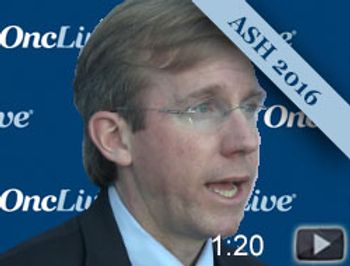
John M. Burke, MD, discusses the GOYA study, a phase III study investigating obinutuzumab plus CHOP in patients with previously untreated diffuse large B-cell lymphoma. Burke discussed the study during the American Society of Hematology (ASH) Annual Meeting.

The combination of the killer-cell immunoglobulin-like receptors inhibitor lirilumab with the hypomethylating agent azacytidine was well tolerated and showed early signals of activity in heavily pretreated patients with acute myeloid leukemia.
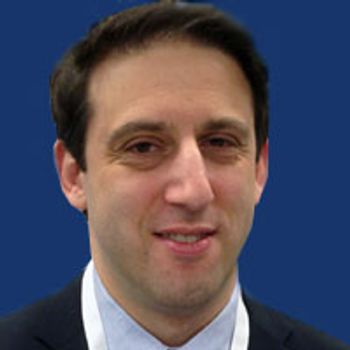
Treatment with enasidenib was active and was well tolerated in pretreated patients with IDH2-mutated myelodysplastic syndrome, including those who failed hypomethylating agents.
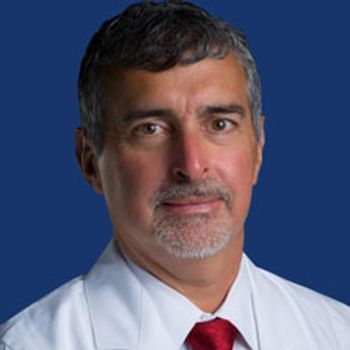
Researchers are hopeful that the addition of the investigational agent vadastuximab talirine to standard 7+3 induction therapy may improve survival for patients with acute myeloid leukemia.
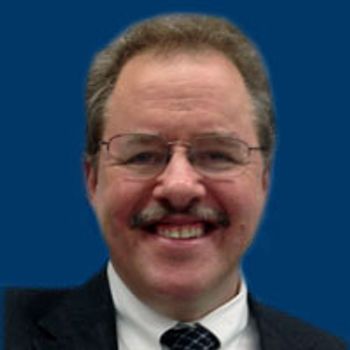
The CAR T-cell therapy CTL019 demonstrated an 82% complete remission (CR) or CR with incomplete blood count recovery rate for pediatric and young adult patients with relapsed/refractory B-cell acute lymphoblastic leukemia.


